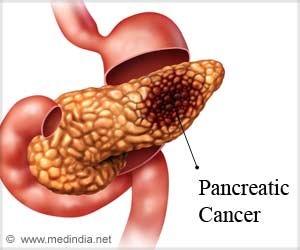In patients with solid organ cancers, myelosuppressive chemotherapy destabilizes gut microbiome, revealed new research.

‘The findings have made a significant contribution to our ability to predict how an individual's microbiome is going to respond to chemotherapy before it happens.’





"We know that myelosuppressive chemotherapy reduces white blood cell count significantly during the first seven to 10 days of treatment, making the body more vulnerable to infection," says lead author Dr Lito Papanicolas, an infectious diseases expert and clinical microbiologist. "In this study we focused on how much the individual's microbiome changed over this period, when the bacteria are most likely to cause infection." Analysis of participants' gut microbiome prior to and during chemotherapy revealed significant changes. This included an increase in bacteria that can cause serious and even potentially life-threatening infections in cancer patients.
While the trial demonstrated that microbiome was clearly altered, Dr Papanicolas says further research is needed to determine whether this disruption is in fact necessary for treatment to be effective.
"It could be that what we're seeing is actually a good thing, because there's a possibility that the change in microbiome triggers the body's immune response to fighting cancer," Dr Papanicolas says.
The SAHMRI Microbiome & Host Health laboratory, in collaboration with the Flinders Centre for Innovation in Cancer, will soon begin a larger study to examine whether changes in the gut microbiome during chemotherapy are linked to a patient's risk of infection or response to treatment.
Advertisement
Source-Eurekalert















